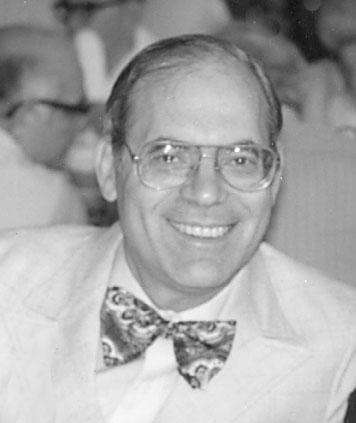By Alex Berger
I had a request to write a column about Kwanzaa, so I did. Thanks for asking. — A.B.
It is almost the end of the year and the time when 18 million African Americans will gather in each other’s homes to celebrate Kwanzaa, America’s fastest-growing holiday. This event will mark the 45th year of its existence.
This celebration is similar to Thanksgiving, Christmas and Hanukkah in many ways. Notably, each day of Kwanzaa begins with the lighting of a candle in a “kinara” (candleholder) and a new candle is lit every successive day. Each candle represents one of seven principals (“Nguzo Saba”) and combines African traditions with African-American ideals. At each candle ceremony, another principal is recited and a libation is poured in memory of an ancestor.
A man finds room in a few square inches of his face for the traits of all his ancestors; for the expression of all his history …. — Ralph Waldo Emerson
Kwanzaa is observed from Dec. 26 through Jan. 1. The word “Kwanzaa” was borrowed from the Swahili “matunda Ya Kwanzaa,” which means “first fruits.” Traditional foods are shared, songs are sung, adults and children dance and gifts are exchanged. It is a festive time for remembering the past, treasuring the present and pointing toward the future.
A man’s rootage is more important than his leafage. — Woodrow Wilson
This holiday is replete with rich meanings. The display of straw mats, ears of corn and farm tools represent traditional African harvests and reminds the celebrants of their African heritage. The holiday is also an occasion to bring food to the homeless in the spirit of Kwanzaa. Curiously, however, Kwanzaa is an American holiday.
The Child is father of the Man. — William Wordsworth
Kwanza was created in 1965 by Maulanga Karenga — born Ron Everett — the 14th child and seventh son born on a farm in Parsonburg, Md., July 14, 1941. He was a writer and educator and played a great role in providing symbols to blacks through cultural reaffirmation. In Kwanzaa, he envisioned a cultural expression that allowed people of African descent to reflect on their roots.
During the 1960s and ’70s, Karenga was active in the Black Power movement and also founded the black nationalist group Us Organization, which promotes the philosophy of “Kawaida,” which advocates social and cultural change. The UO remains active to this day.
It is indeed a desirable thing to be well-descended, but the glory belongs to our ancestors. — Plutarch
Karenga patterned Kwanzaa after seven African universal principles: “umoja” (unity), “kujichagulia” (self-determination), “ujima” (collective work and responsibility), “ujamaa” (cooperative economics), “nia” (purpose), “kuumba” (creativity) and “imani” (faith). He said all seven principles are proper guides for all people.
I consider myself a Hindu, Christian, Muslim, Jew, Buddhist, and Confucian. — Mohandas Gandhi
Kwanzaa is a period of family bonding and a reaffirmation of ties to yesterday, today and tomorrow. But what it is not is a replacement for Christmas because it is cultural rather than a religious observance. An alternative to Santa Claus for children is “Nia Umoja,” a storyteller who narrates African tales.
Although gift-giving is an integral part of the holiday, this activity is not as prevalent as in Christmas. This is because Kwanzaa is a reflective period and a time for African Americans to contemplate their cultural heritage as products of two worlds. Boosted by the revival of the 1960s concept of Afro-centrism, the number of people observing this holiday is reportedly increasing yearly.
As with Christmas, there is no single way to celebrate Kwanzaa. What is important is its philosophies: the gathering of people, reverence for the creator and creation, commemoration of the past, recommitment to cultural ideals and celebration of the good.
Heredity is nothing but stored environment. — Luther Burbank
On the last day of the holiday, families gather for a special feast with music and dancing (“karamu”), a fitting way to end the observance and begin another year.
In the spirit of this thoughtful occasion, Gloria and I wish to extend to all participants a warm, bountiful and joyful Kwanzaa.
Contact Alex Berger at timesledgernews@cnglocal.com.

































